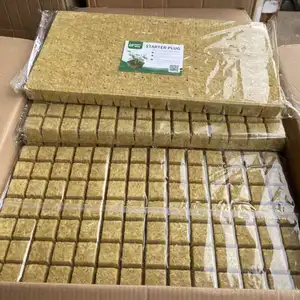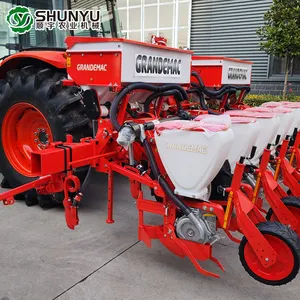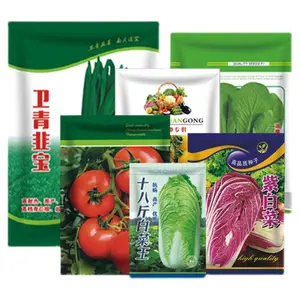Agricultural Seeds: An Overview
Agricultural seeds are the cornerstone of farming, serving as the primary input for crop production. These seeds are the genesis of the vast majority of food sources and other agricultural commodities. With a diverse range of varieties, each type of seed caters to a specific set of climatic conditions and soil types, enabling farmers to maximize yield and quality.
Types and Applications
The agricultural seed market is segmented into various types, including hybrid seeds, genetically modified (GM) seeds, and open-pollinated varieties. Each category serves a unique purpose, from offering disease resistance to enhancing crop yields. These seeds find applications across different scales of farming, from smallholder plots to large-scale agribusinesses, and are crucial in producing crops ranging from staple grains to specialty horticulture products.
Seed Features and Material Considerations
The material science behind seed coatings and treatments is designed to enhance germination rates and provide early growth protection. Advanced materials used in seed treatments can also help in the efficient delivery of nutrients and protect against pests. The features of these seeds often include improved resilience to environmental stressors, aiding in consistent agricultural productivity.
Advantages of Quality Seeds
Quality agricultural seeds offer numerous advantages, such as higher germination rates, robustness against plant diseases, and better adaptability to environmental conditions. These benefits are crucial for ensuring food security and sustainable agricultural practices. The use of quality seeds is instrumental in achieving higher crop yields and is a key factor in the economic viability of farming operations.
Environmental Impact and Sustainability
The sustainability of agricultural seeds is increasingly important in the context of environmental conservation. Seeds that are bred for higher yield and disease resistance can reduce the need for chemical inputs, thereby lessening the environmental footprint of farming. Additionally, the development of seeds that are suited to organic farming practices supports biodiversity and ecological balance.
Innovations in Seed Technology
Innovation in agricultural seed technology is pivotal in addressing the challenges of food security and climate change. Advances in biotechnology have led to the development of seeds with traits that can withstand extreme weather conditions, resist pests, and improve nutritional profiles. These innovations are essential for the continuous improvement of agricultural productivity and sustainability.







































 浙公网安备 33010002000092号
浙公网安备 33010002000092号 浙B2-20120091-4
浙B2-20120091-4